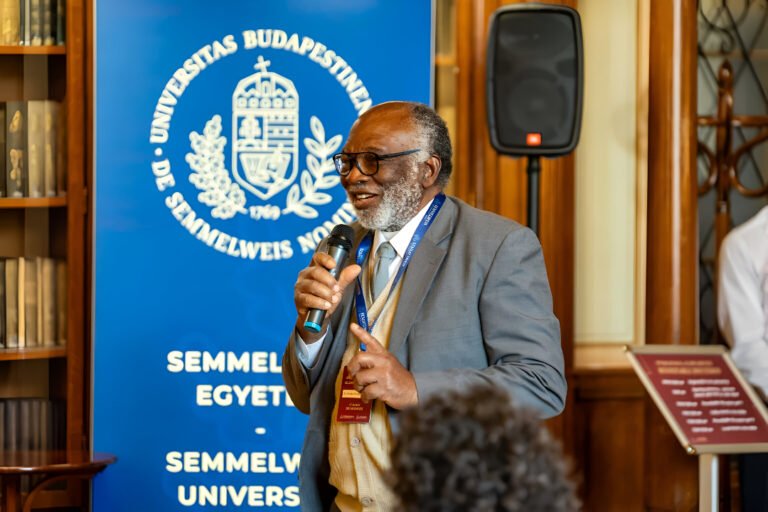
A new multicentre study, involving researchers from Tampere University, the University of Jyväskylä, the University of Helsinki, the Finnish Institute for Health and Welfare (THL), and Karolinska Institutet in Sweden, has revealed that biological age may offer a more accurate assessment of cardiovascular disease (CVD) risk than traditional tools.
Biological ageing reflects the gradual decline of cells and tissues over time, influenced by genetics, lifestyle, and environmental factors. Unlike chronological age, it offers a closer insight into an individual’s overall health and disease risk.
The study analysed data from over 14,000 participants in Finland and Sweden, none of whom had a prior history of cardiovascular disease. Researchers measured biological age using two indicators:
- Frailty index (FI): Reflects accumulated health deficits across various body systems.
- Telomere length (TL): A cellular-level marker of ageing.
These were compared against traditional cardiovascular risk tools such as SCORE2, SCORE2-OP, and the Framingham risk score, which typically focus on chronological age, sex, and lifestyle factors.
Key Findings
- The frailty index proved to be a strong predictor of cardiovascular risk for both older adults (70+) and younger individuals (under 70).
- The frailty index alone could accurately estimate the likelihood of developing cardiovascular disease within 10 years.
- Telomere length, however, showed a weaker connection to cardiovascular risk compared to the frailty index.
“This is the first study to combine the frailty index with SCORE2 or SCORE2-OP risk scores,” said Anna Tirkkonen, Postdoctoral Researcher at the University of Jyväskylä. “Our results confirm that frailty significantly improves cardiovascular risk prediction.”
Laura Kananen, Senior Research Fellow at Tampere University and Karolinska Institutet, added: “The frailty index comprehensively reflects health, functioning, and overall well-being, making it a particularly effective and simple tool. It can be easily derived from a straightforward questionnaire.”
Implications for Healthcare
The findings suggest that biological age indicators, particularly the frailty index, should be incorporated into cardiovascular risk assessment tools. Doing so could allow earlier detection of at-risk individuals and provide opportunities for preventive interventions to reduce cardiovascular disease and mortality rates.
Original Publication
Anna Tirkkonen, Jonathan K. L. Mak, Johan G. Eriksson, Pauliina Halonen, Juulia Jylhävä, Sara Hägg, Linda Enroth, Jani Raitanen, Iiris Hovatta, Tuija Jääskeläinen, Seppo Koskinen, Markus J. Haapanen, Mikaela B. von Bonsdorff, Laura Kananen. Predicting cardiovascular morbidity and mortality with SCORE2 (OP) and Framingham risk estimates in combination with indicators of biological ageing, Age and Ageing, Volume 54, Issue 4, April 2025, afaf075.
Source: Tampere University






